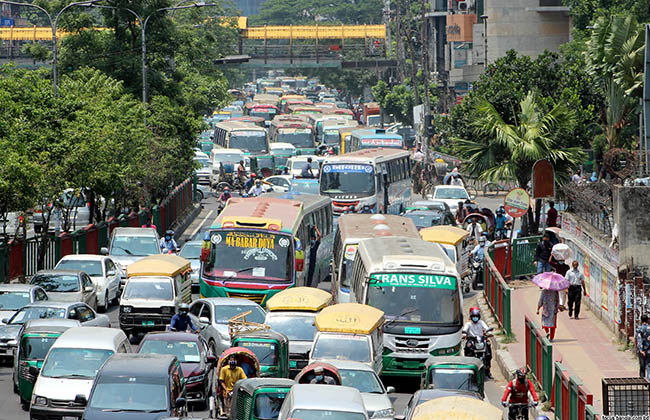
It’s not that South Asian governments don’t speak out on taking precautions against Covid-19 infections but just that people ignore them. It’s not that there is any lack of sincerity but a lack of will perhaps that makes even the most noble sentiment expressed sounds less than what it should. It’s also about the communication between the formal world – the Government- and the informal world, the people. The disconnection, however little or big can’t be denied. In times of Covid , such asymmetries surge to the top making it obvious that governance as a system of delivering social goods still has some way to run.
Had this been a normal time thing, this would perhaps be okay but we are experiencing the worst health crisis ever and the manifestation of the same in other sectors will continue for years to come. It has in fact changed the way people look at the world and experience it.
The issue is that it’s not just a country’s problem in the region but the problem of the region as a whole. India has sadly become a grim example of failing to live up to its high billing as a top state in the region. It’s not just about statistics which are very grim but also about varying examples about how it’s being handled.
For example, the pandemic peak is now an issue of debate with WHO too. Several Indian scientists and officials say the peak is reached and the graph is sliding down while the WHO and several Indian scientists are saying that actually testing has been lessened leading to such assumptions. Therefore it’s a book keeping rather than a scientific issue. The Indian government seems to be fighting both the battle of credibility and Covid.
One of the reasons why India didn’t do well and got into the mess is its prioritization. Politics or power or whatever that be, the main objective should have been defeating corona not winning elections. Making political democracy followed by all its populist entailments the top agenda has cost much in human terms. A government which doesn’t think public health is more important than elections is bound to make people skeptical about intent. Suddenly voting became more important than staying alive.
In Bangladesh, the mood swings from near panic to complete complacence. Many have become fatalistic and others have turned to totka.. The result is that the message of safety has not travelled well at all. The crowds at the ferry ghats show that how the people and the Government think of safety are very different. People want to go home where they feel safe.
States flourish when governance also does not politics. It’s not a pleasant message to consume but our priority to politics over how the Government functions has cost us much and may well cost us more. In the end, only results will matter.
It’s this gap that is the biggest crisis in South Asia where its governments are showing that they have skills and will but are making choices more political than other priorities.
